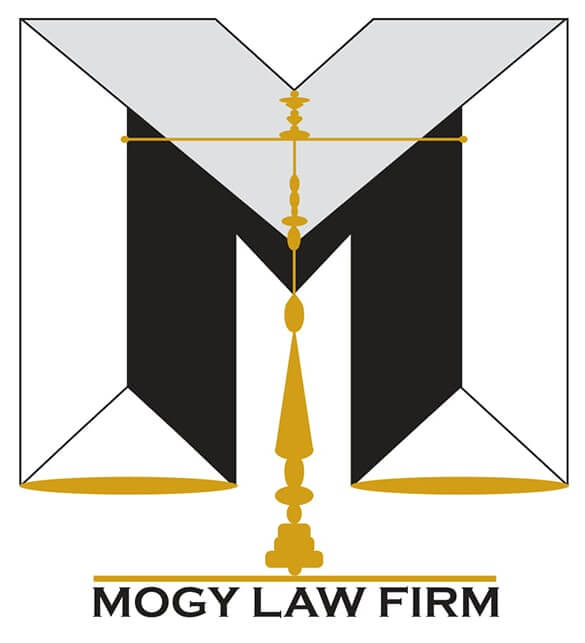After a car accident, many Tennessee drivers need answers on how to file a claim if their vehicle has sustained significant damage. Not only will an accident lower the trade-in value of their car, but people worry also if what they can recover will cover the costs of the repairs.
One issue that comes up frequently is what to do if there is significant damage to the car and the owner is still paying off the car loan. If the car was totaled, the amount that insurance pays may not be enough to replace the car or to pay off the remainder of the loan.
For Memphis residents, it is important to get more information about what state laws guide automobile insurance policies as well as how to recover the maximum compensation for your claim after a car wreck.
What happens after the accident?
Just after the accident, the drivers should exchange driver’s license and insurance information and remain at the scene for an officer to take statements from both drivers and any other witnesses. It is important to then contact the insurance of the at-fault party to let them know what happened and arrange for an estimate of the damages to the vehicle as well as a rental car. If the at-fault has not contacted their insurance, they may be waiting for the accident report to come out.
Generally, insurance will get an estimate of the value of the car just prior to the accident that will compare with the estimate of its value after the event, which will likely include the costs for repairs or the fair market Blue Book value.
If the repairs to the vehicle total more than 75% of the vehicle’s fair market value, insurance will probably total the car and give the owner the repair costs. If the owner prefers to keep the car in that condition and not total it, the insurance company may base what they pay on the car’s salvage value. They will then send the car title to the DMV to notate that the car was totaled, which may affect the vehicle’s potential trade-in or resale value.
If the owner owes more on the car loan than what the totaled car is worth, the owner may discuss options with the lender, such as using the settlement figure to purchase a replacement vehicle and then using this as collateral on the loan.
Insurance law in Tennessee
Tennessee has a fault-based system for assessing responsibility in a car accident, which covers injury, loss of income and vehicle damages, and it is the at-fault driver’s insurance that will pay for losses. Under Tennessee law, drivers must have auto liability insurance to drive in the state. Drivers who do not have insurance may face fines or a loss of driving privileges.
The minimum limits for auto liability insurance are:
- $25,000 for each injury or fatality
- $50,000 for total injuries or death
- $15,000 for property damage
If the at-fault driver is uninsured, the other party’s insurance may be able to cover some of the damages, less a deductible.

